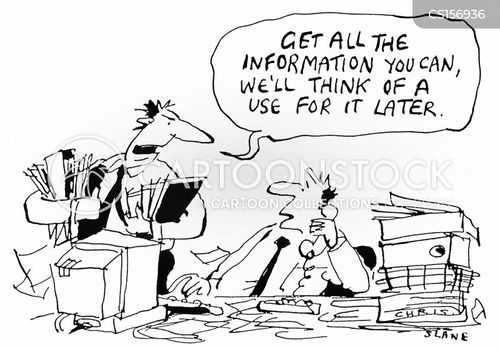ww773412@ohio.edu
If you think the media is out to get you, you got it all wrong.
Just like you wake up and work an 8 a.m. - 5 p.m. job, journalists have a job too: tell a story. The job of a journalist isn't to tear someone's career apart or be a jerk, it is to do whatever needs to be done to get the story published, in a respectful manner. Now the morals and ethics that go along with the journalist are a completely different story, but at the end of the day, we as journalists have jobs too.
 |
| cartoonstock.com |
When breaking news, morals are challenged. But that isn't an excuse to cross that boundary. A reporters job isn't easy. They have to ask the hard questions and write the hard stories, and that task isn't easy, but as a reader and/or source, we hope you respect that and understand we are not trying to hurt you in any way.
For example in the shooting in Oregon, and realistically in any crime story, I think you almost have to name the suspect once one is determined. Our job is to tell the truth and to not withhold any information from the public.
I, too, disagree with the Sheriff not releasing the name, especially if the name had already circulated. It's one thing if the case is still open, but once a suspect has been identified, it should be necessary to release that information for the public to know.
Remember, just because you are approached by a reporter doesn't mean you have to speak.
Understand that if you have any relation to a story and are a potential source to the story, a reporter is most likely going to approach you, regardless of the circumstances. Whether they approach you in a respectful manner or not is one thing, but you will most likely be approached.
Don't attack us as "vultures" because we need to do our job. The "vulture" reporters are the one's that don't have the decency or respect to approach you like a human. But as long as we work with you, we are doing no wrong.
In this article about how people are treated by the media, one person said she enjoyed working with one of the reporters because she was willing to work with her, despite the fact her 7-year-old daughter was missing.
The 7-year-old's mother, Maureen Kanka, said she wanted to use the reporters to help find her daughter's body. And with the help of the story being told, the body was found.
Though there are some cases of negative interactions with reporters, the bottom line is reporters are not necessarily in the wrong every time they approach a source in a hard circumstance.
We as journalists have a job. It may not be easy, but at the end of the day, we have to have write the story, all I ask is that you trust us before you judge us.
No comments:
Post a Comment